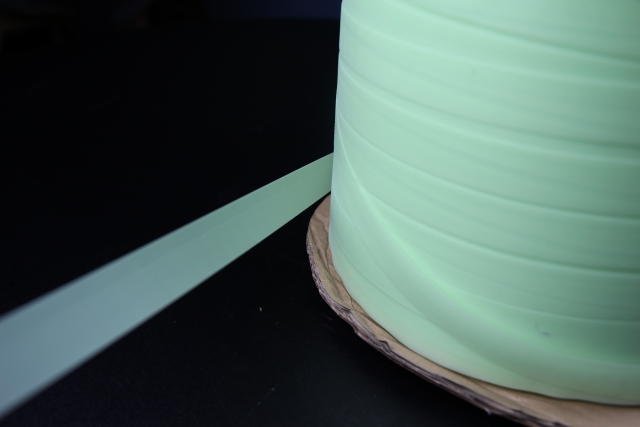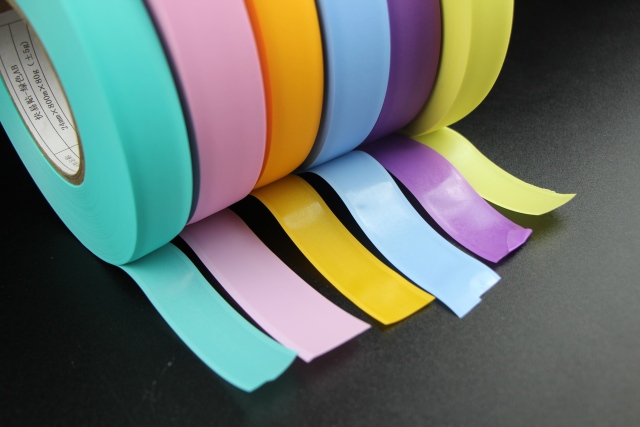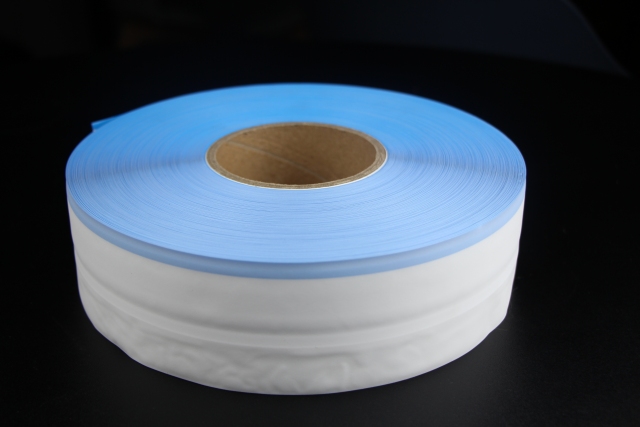Author:Hengdaxin Diaper Material SupplierFROM:Diaper Materials Manufacturer TIME:2024-08-07
Choosing the right raw materials is crucial for the manufacturing of high-quality diapers. The effectiveness of diapers in terms of absorption, comfort, and overall performance depends significantly on the materials used. This article provides a comprehensive guide on selecting raw materials for diaper manufacturing, aiming to help manufacturers make informed decisions that enhance product quality and customer satisfaction.
The absorbent core is perhaps the most critical component of a diaper, responsible for moisture retention and leakage prevention. Superabsorbent polymers (SAPs) are the key materials used in this layer. When choosing SAPs, consider their absorbency rate, distribution capacity, and ability to retain moisture under pressure. Natural fibers like cotton and pulp are often blended with SAPs to enhance absorbency and maintain a dry surface against the baby's skin.
The outer layer of a diaper serves multiple purposes: it provides a barrier against leaks, allows for air circulation to prevent diaper rash, and contributes to the overall comfort of the diaper. Materials like polypropylene and polyester are commonly used due to their waterproof properties and breathability. Manufacturers should prioritize materials that are gentle on the skin, hypoallergenic, and capable of maintaining shape and elasticity after multiple uses.
The inner layer of a diaper comes into direct contact with the baby's skin, making comfort and softness crucial factors. Materials like nonwoven fabrics, often made from polypropylene, are preferred for their soft texture and ability to wick moisture away from the skin. Choosing materials with low friction helps prevent skin irritation and ensures a comfortable experience for the baby.

Elastic materials are essential for providing a snug fit around the baby's legs and waist, preventing leakage and ensuring comfort. Materials such as spandex (Lycra) are commonly used due to their stretchability and resilience. Manufacturers should select elastic materials that maintain their elasticity over time and are free from harmful chemicals that could cause allergic reactions.
Diaper closures play a significant role in ease of use and comfort. Hook-and-loop fasteners (like Velcro) and adhesive tapes are the two primary types used. When choosing fastening materials, consider their strength, reliability, and ease of adjustment. Materials should be durable enough to withstand repeated opening and closing without losing adhesive strength or causing discomfort to the baby.

Adhesives are crucial for bonding various components of the diaper together. Hot melt adhesives are commonly used for their quick bonding properties and resistance to moisture. It's essential to choose adhesives that are non-toxic, odorless, and capable of maintaining bond strength under varying environmental conditions, including heat and humidity.
Some diapers include wetness indicators to alert caregivers when the diaper needs changing. These indicators typically consist of pH-sensitive dyes or inks that change color when exposed to moisture. Manufacturers should choose materials that provide a clear and accurate indication without causing irritation or discomfort to the baby's skin.

With growing environmental concerns, there is a rising demand for eco-friendly diaper materials. Manufacturers are increasingly using biodegradable materials like bamboo fibers, organic cotton, and plant-based plastics (bioplastics). These materials reduce the environmental impact of diaper disposal and appeal to environmentally conscious consumers.
Choosing the right raw materials is fundamental to the quality, comfort, and performance of diapers. By selecting materials that prioritize absorbency, comfort, safety, and sustainability, manufacturers can create diapers that meet the needs and expectations of both parents and babies alike. Ultimately, a well-chosen combination of materials ensures that diapers provide effective protection against leaks while keeping babies dry, comfortable, and happy.
This comprehensive guide covers the essential aspects of choosing raw materials for diaper manufacturing, emphasizing the importance of each component in creating high-quality diapers that meet both functional and comfort requirements.